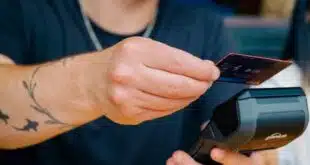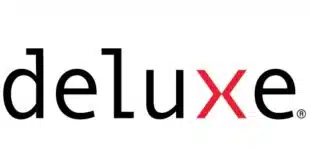By Jim Daly
Following a summer of uncertainty over whether millions of uninsured consumers would be unable to buy medical insurance under the Affordable Care Act (ACA) because they didn’t have a checking account, the U.S. Department of Health and Human Services (HHS) this week issued a rule that requires health-care insurance providers to accept prepaid cards.
The prepaid card provision is just one part of a rule that affects a number of issues related to the vast ACA, also known as Obamacare, including so-called exchanges where consumers can shop for health insurance. Earlier this year, it looked like consumers would have few options to pay for those policies except through mainstream payment methods such as checking accounts. Insurers, meanwhile, didn’t want to be told which specific payment methods they had to accept and were concerned about vendor fees on prepaid cards, according to a recent article in The Wall Street Journal.
HHS received a flood of comments about the payment issue. In May, tax-advisory service Jackson Hewitt Inc. influenced the debate when it released a study that estimated more than one in four uninsured Americans, approximately 8.5 million people, eligible for an ACA tax credit on their insurance premiums did not have a checking account, the vehicle through which Jackson Hewitt said insurers planned to require customers to pay health-care premiums. Such a policy would discriminate against minorities, who are over-represented among the underbanked, and also would amount to a Catch-22 because the government would be able to fine people for not having health insurance, Jackson Hewitt said.
“Due to the overwhelming support for prepaid debit cards, we have included all general-purpose prepaid debit cards as a payment method that [health-care insurance policy] issuers are required to accept,” the text of the HHS rule says. “Because many [insurers] accept debit cards, this requirement should not cause administrative or operational issues.”
The Center for Financial Services Innovation, a Chicago-based non-profit that works to get underbanked consumers into the financial mainstream, watched the issue closely. “We were all very concerned, the initial rule was only going to be through direct payments through checking accounts,” Jeanne Hogarth, the CFSI’s vice president of policy, tells Digital Transactions News. “That was in their draft. We were all happy prepaid cards got included.”
Hogarth adds that even though Jackson Hewitt had a business interest in promoting prepaid cards—it offers a reloadable Visa prepaid card for customers to receive their tax refunds—it nonetheless pointed out a problem that many consumers might be facing when buying insurance through the new exchanges. “Jackson Hewitt did a service,” she says.
The government isn’t forcing insurance companies participating in the exchanges to accept conventional debit or credit cards, according to Hogarth, but she predicts many will because of consumer demand. And by having to accept general-purpose prepaid cards, turning on acceptance of other cards presumably would be relatively easy. “Overall we would have liked to have seen the insurers be required to accept debit and credit cards—they’re not prohibited from [that], they can,” says Hogarth. “My sense is that there will be market forces that come into play.”
On a related matter, HHS is not requiring insurance companies to accept cash or automatic deductions from payment cards. Insurers, HHS said, can make their own calls about automatic deductions from card accounts, noting that it received some comments that not all insurance providers would be able to support such deductions.
While some observers say auto withdrawals from prepaid card accounts would ensure that consumers pay their premiums on time and thus retain their coverage, Hogarth says the lack of a mandate “is not terrible.” Not having automatic deductions set up makes it easier for consumers to change cards or insurance providers, she says. Hogarth adds that many prepaid card users have low incomes and might choose to pay a premium a day or two late rather than not buy groceries. “I would like consumers to retain control,” she says.





